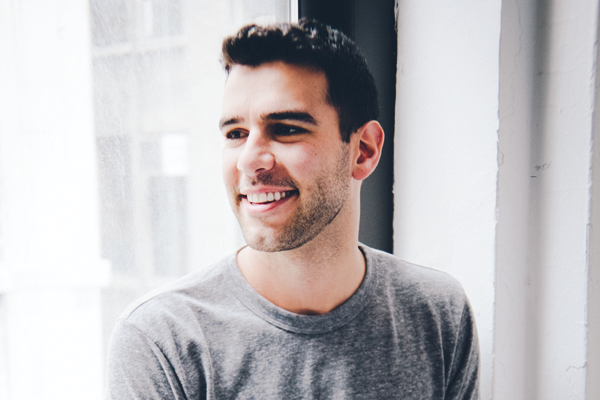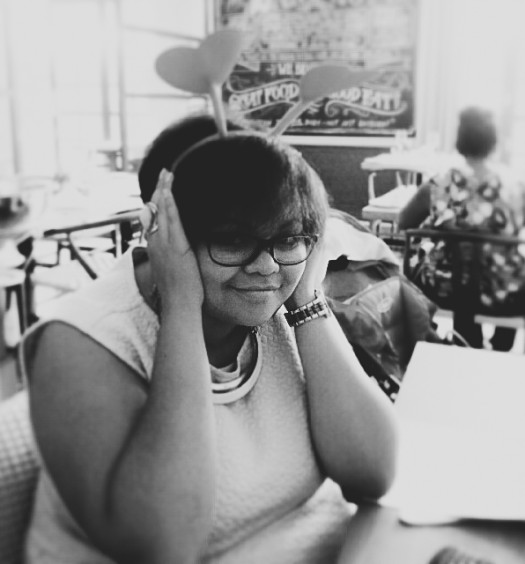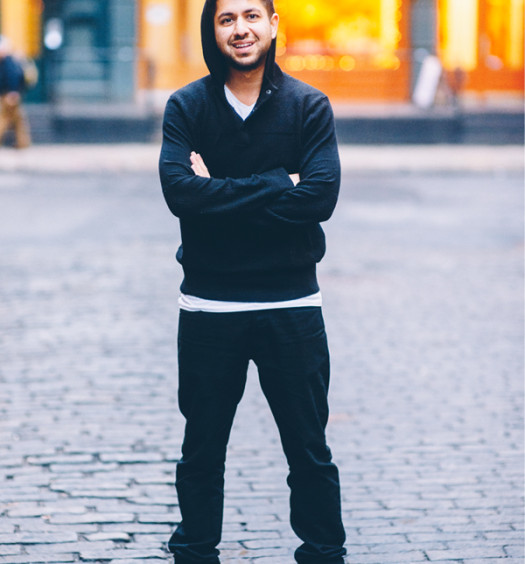ADAM BRAUN OF PENCILS OF PROMISE

“From everything I have seen in all my travels, I genuinely believe with all my heart that people are inherently good” -Adam Braun of Pencils Of Promise, #ConsciousLA / Mister Conscious Feature
For this issue, we looked to Dale Partridge, CEO and Founder of Sevenly, and our named Mister Conscious for the New York City Issue, to nominate this issue’s Mister Conscious.
“ADAM BRAUN has been able to do something that many cannot – to put others before himself and to put people before profit. His fight for the creation of schools across the world is nothing short of incredible.” -Dale Partridge
Adam Braun does not sleep much. “On a weekly average?” Braun asked. “Maybe five hours a night.” The 30-year-old Founder and CEO of Pencils of Promise gave up on balance a long time ago. Now, he seeks harmony. “But it is tough,” Braun said. “Anyone who knows me well knows how little I sleep.” He does not drink coffee but tends to have high-energy despite the five hours of shuteye.
At 24-years-old, Braun left his job at Bain & Company to found Pencils of Promise (PoP), a non-profit that builds schools and provides educational opportunities in the developing world. It is part of his way to use his “life as an instrument to help people find their sense of purpose.”
Braun’s irregular sleep is understandable; he is constantly travelling (right now he has travelled to over 70 countries). In February, Braun returned from Ghana for the ground breaking of PoP’s 200th school. “The energy was vibrant and infectious. It was a pure sense of celebration and excitement about the future.” He then headed to South by Southwest (SXSW) in Austin, Texas for his first book-signing. Braun took a three-month sabbatical last year – during which he wrote and finished his first book The Promise of a Pencil: How an Ordinary Person Can Create Extraordinary Change, published by Scribner.
Right now, PoP is building schools in Laos, Ghana, and Guatemala – in communities that often live on less than two dollars a day, but they will not break ground on a new school unless the community supports them and provides 10-20% of the funding. In most cases, this means contributing scrap wood, gravel, dirt, sand, cement, and most importantly, the physical labor to build the school.
Once the school is built, PoP works with the education ministry to ensure quality teachers in every classroom and provide supplemental teacher training programs. They also launch three programs in addition to school building: teacher training, student scholarships, and a Water, Sanitation, and Hygiene (WASH) curriculum, which Braun hopes to scale to have the work affect more lives. Their goal for every school is to become fully independent, but they will work with the communities for at least the first three years.
“Every single one of our schools is fully open and operational.” This is partly because of their frequent check-ins. PoP checks back in every community consistently throughout the year to monitor the progress and performance of students and teachers. They also provide programs that educate kids about clean water, health and hygiene, and literacy and numerary skills.
What challenges Braun is being adaptable in the unknown. Like the time when four months of steady rain destroyed the single dirt road leading to a remote community where PoP built a school. “You have to plan that at some point in time the supplies that you are trying to get out to the community might not make it.” Despite all that he has accomplished, Braun struggles with a feeling that he could do more. “That is the truth. I think that life is a product of your relativity. So, every time you get to a certain threshold that once seemed unattainable, instead of being happy at that threshold, you suddenly think, ‘Why can’t I go get more?’”
Threshold or no, Braun’s drive is arguably what has made PoP so successful. After Braun founded the non-profit with $25 (the minimum needed to open an account), he took a very a-traditional approach to fund-raising. For the first two years, Braun and his team threw countless fund-raising parties for young professionals in New York City, earning 98% of their donations in amounts of $100 or less.
Braun is quick to praise the work of the teens and millennials whose time and energy supported the non-profit in its early days and made the non-profit what it is today.
Take for example, the seven-year-old who just raised $7,000 for his birthday on behalf of PoP. “It happens all the time,” said Braun. It is not just with seven-year-olds, as Justin Bieber is an international supporter and advocate; additionally, Sophia Bush asked for donations to PoP for her thirtieth birthday.
“A lot of times young people feel like, ‘I cannot give a lot of money; I cannot raise that much money; I cannot have that big of an impact.’ But one, you actually can.” Braun should know; his website boasts an incredible number of teen fund-raisers that raise thousands of dollars. “The second thing: often times our simple effort alone inspires someone else to make a huge donation, whether you see it directly or indirectly.
For all of the success that PoP has enjoyed (within three years of its founding, PoP had grown the largest social media following of any non-profit started in the previous four years), Braun is aware that any success could be fleeting. “I fear that the magic that is always growing and attracting people to Pencils of Promise will one day fade. The concern of every single entrepreneur is that once something becomes successful, it will somehow lose the magic that got it there,” Braun continued. “I work very intensely on making sure that our culture, our brand, our identity, and the way in which we treat people is a reflection of the place in which we started.”
That includes his online presence, where Braun is selective in what he shares and careful to retain his privacy. “I always try to make my social media is one of positivity and inspiration, but at the same time, I try to be very real and not sugar coat things so that people can see that every single person – regardless of age status and location – is going through good things and bad things stimulating in their life.” For Braun, staying true to oneself requires more than a conscious social media presence; he wants to see people for all that they are. “A lot of times people start conversations with what they are: I work here. I go to school there, and I’m from this location. Those are not character values.” Braun added, “Conversations like ‘What makes you come alive?’ ‘What do you love?’ and ‘When you can’t fall asleep at night and there is a record playing in your head, what is it telling you?’ Those are real questions about who somebody is.”
For Braun, those questions may not be necessary to have a journey worth following: “From everything that I’ve seen in all of my travels, I genuinely believe with all of my heart that people are inherently good.



